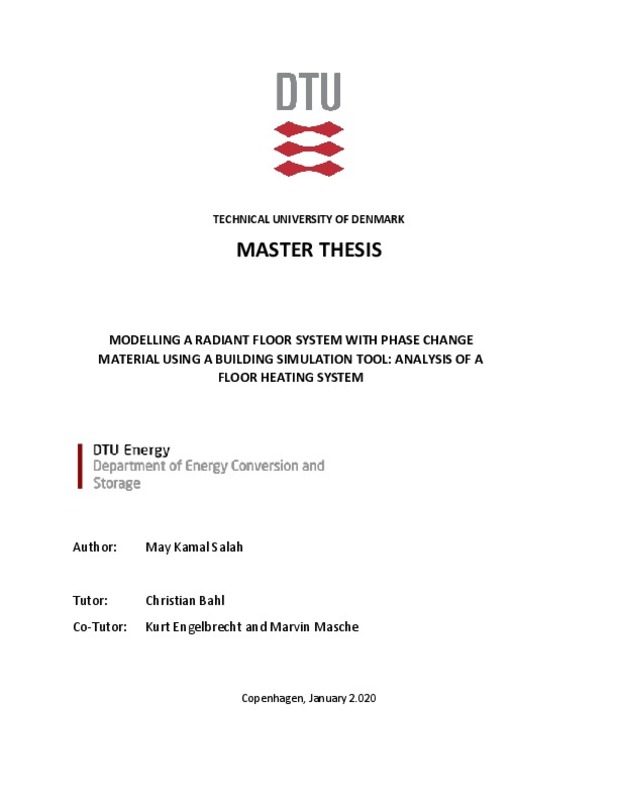JavaScript is disabled for your browser. Some features of this site may not work without it.
Buscar en RiuNet
Listar
Mi cuenta
Estadísticas
Ayuda RiuNet
Admin. UPV
Modelado de suelo radiante con material de cambio de fase usando una herramienta de simulación de edificios: Análisis del sistema de calefacción del suelo
Mostrar el registro completo del ítem
Kamal Salah, M. (2020). Modelado de suelo radiante con material de cambio de fase usando una herramienta de simulación de edificios: Análisis del sistema de calefacción del suelo. Universitat Politècnica de València. http://hdl.handle.net/10251/151555
Por favor, use este identificador para citar o enlazar este ítem: http://hdl.handle.net/10251/151555
Ficheros en el ítem
Metadatos del ítem
| Título: | Modelado de suelo radiante con material de cambio de fase usando una herramienta de simulación de edificios: Análisis del sistema de calefacción del suelo | |||
| Autor: | Kamal Salah, May | |||
| Director(es): | ||||
| Entidad UPV: |
|
|||
| Fecha acto/lectura: |
|
|||
| Resumen: |
[EN] In this project, the performance of Phase Change Material (PCM) gypsum wallboard was
evaluated in a residential building in Denmark which uses radiant floor as heating system. Different
EnergyPlus simulations were ...[+]
[ES] El almacenamiento de energía térmica es esencial para igualar la producción y la demanda, y por lo tanto para proporcionar calor o frío a los consumidores cuando sea necesario de forma independiente. Existen varias ...[+]
[EN] Thermal energy storage is essential to match production and demand, therefore to provide heat or cold to consumers when necessary. There are several ways to meet this requirement in buildings, the most common is a ...[+]
|
|||
| Palabras clave: |
|
|||
| Derechos de uso: | Reserva de todos los derechos | |||
| Editorial: |
|
|||
| Titulación: |
|
|||
| Tipo: |
|
recommendations
Este ítem aparece en la(s) siguiente(s) colección(ones)
-
ETSII - Trabajos académicos [10404]
Escuela Técnica Superior de Ingenieros Industriales







